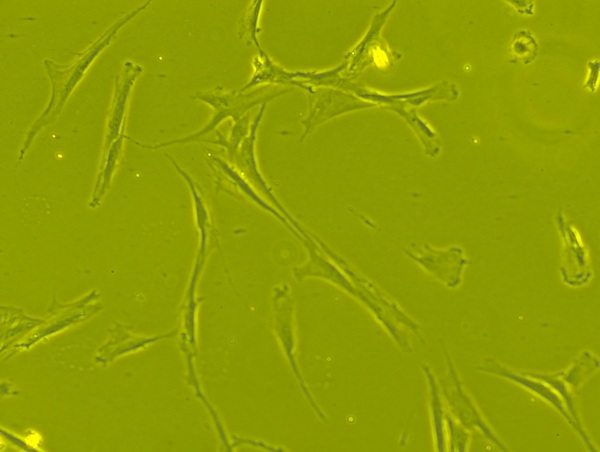Conversion of Mesenchymal Stem Cells to Cancer-Associated Fibroblasts in a Tumor Microenvironment: An in vitro Study
(1) Greenwood High School, Bangalore, India , (2) iCREST-International Stem Cell Services Limited, Bangalore, India
https://doi.org/10.59720/19-113
Carcinomas grow in a complex microenvironment which consists of stromal cells, fibroblasts, immune cells, matrix proteins, and soluble proteins. This microenvironment is critical in providing signals for tumors to proliferate and produce cytokines, which create an area of immune suppression that signals inward migration of mesenchymal stem cells. It also aids in angiogenesis, metastasis and invasion of the tumor, which further enable tumor cells to proliferate and metastasize. Further mesenchymal stem cells are known to migrate into the tumor microenvironment induced cytokines released by the tumor in the microenvironment, further differentiating them to cancer associated fibroblasts (CAF). CAFs are in turn known to promote and aid tumor migration, enabling metastasis. In this study, conditioned media from the MCF7 breast cancer cell line induced a CAF like phenotype in bone marrow mesenchymal stem cells (BMSCs), indicating the potential role of stroma in the progression of cancer. We hypothesize that MCF7-conditioned media induces expression of vimentin and α-smooth muscle actin (αSMA) when co-cultured with (BMSCs), and that this could be involved in aiding cancer metastasis and progression.
This article has been tagged with: